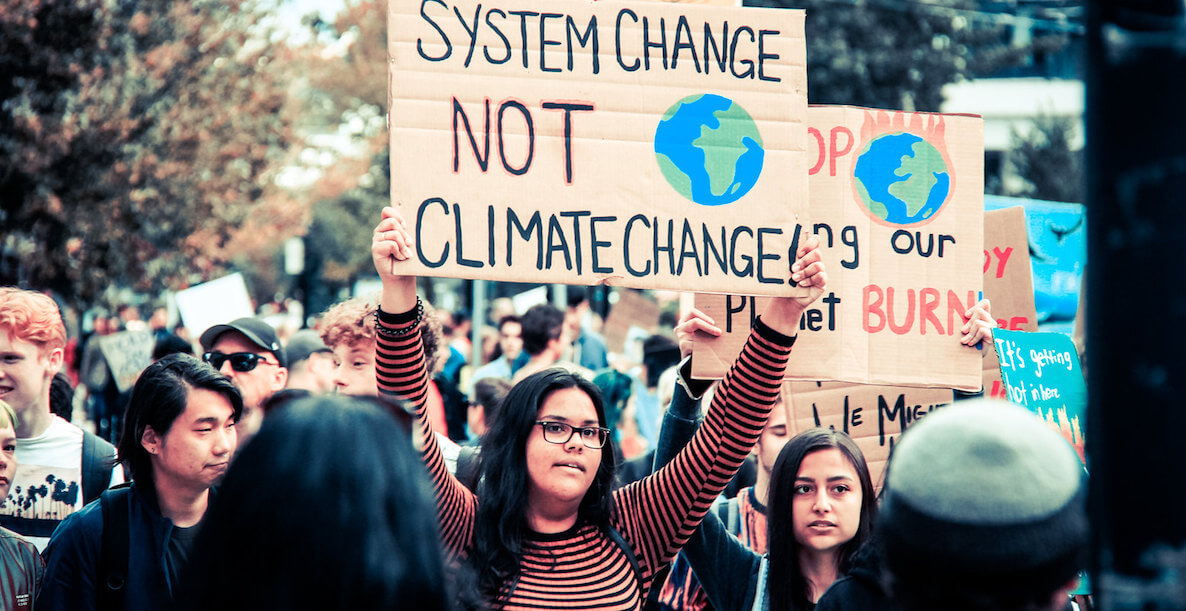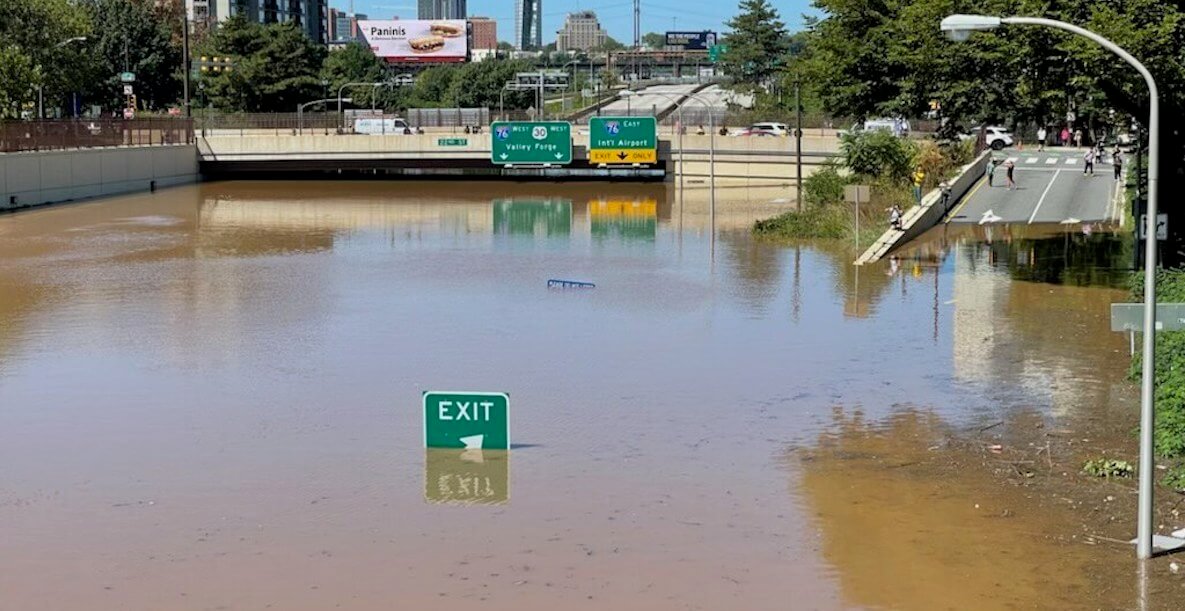This summer, two separate century-old water mains ruptured in Philadelphia, sending thousands of gallons of water into streets and homes, and creating massive sinkholes and property damage.
Philadelphians were reminded of another recent massive water main break in 2018, which closed off a major restaurant district on Sansom Street for more than a year and cost $1.7 million to repair (not to mention what it cost the businesses).
Most recently, of course, was the devastating storm that turned the expressway into a canal and flooded many homes, streets and businesses that were ill-prepared for a disaster of this magnitude.
And then there are the schools: leaking roofs, continuous asbestos concerns, peeling lead paint, mold.
We are in desperate need of infrastructure repair
Currently, we are awaiting the passage of the federal government’s Infrastructure Investment and Jobs Act to address our nation’s crumbling infrastructure. Several key provisions in the act would benefit Pennsylvania, including investment in repairing roads and bridges, public transportation and environmental remediation of abandoned mines and wells.
One simple fiscal fact: Pennsylvania has more than 3,300 bridges and over 7,540 miles of highway in poor condition. Since 2011, those conditions have contributed to a 7.6 percent increase in commute times, costing the average driver $620 per year.
In the meantime, let us not forget that there is a “Rainy Day Fund” of 2.5 billion dollars from the December 2020 stimulus package being withheld by the majority of our state assembly. Has anyone noticed? It’s raining!
In thinking about infrastructure repair, we should also consider our Congressman Dwight Evans’ efforts with the Reconnecting Communities bill, which passed the U.S. House last month. The bill focuses on smart inner-city transformation and addresses the racist history built into some of our highways. For instance, Philadelphia neighborhoods like Nicetown, Chinatown and the Delaware River waterfront area have taken the biggest hits from highways, with overpasses and infrastructure barriers affecting mobility and increasing pollution.
In the meantime, let us not forget that there is a “Rainy Day Fund” of 2.5 billion dollars from the December 2020 stimulus package being withheld by the majority of our state assembly. Has anyone noticed? It’s raining!
We need to use these funds proactively, which is ultimately the fiscally responsible way forward. Voters should advocate for prioritizing infrastructure improvements from bridges to water pipes to public school buildings. We need to be forward-thinking—as a city, state and nation—rather than constantly be cleaning up after disasters.
Deja Alvarez is a democratic candidate for state representative in Pennsylvania’s 182nd District (Philadelphia). Follow her on Twitter at @dejaforpa.
The Citizen welcomes guest commentary from community members who stipulate to the best of their ability that it is fact-based and non-defamatory.
![]()
MORE ON INFRASTRUCTURE IN PHILADELPHIA
Will The School District Squander Its $1.1 Billion Stimulus Windfall?
Header photo: Flooding in Philadelphia caused by hurricane Ida | Photo by Bradford GilmoreThe Virus and the City: A Better Way to Spend Covid Relief Funds




